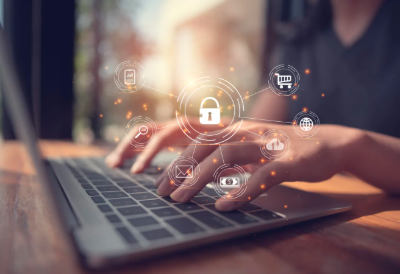As education systems continue to embrace digital transformation, one innovation generating considerable interest is blockchain technology. Known for its role in secure data handling, blockchain offers a new way to manage and protect student records with enhanced transparency and reliability. This article explores how blockchain could positively reshape academic record-keeping and what that might mean for students, schools, and institutions around the world.
What Is Blockchain in Simple Terms?
Blockchain is a decentralized digital ledger that records transactions in a secure, tamper-proof format. Each record, or “block,” is linked to the one before it, making the chain virtually impossible to alter without detection. While this technology originally gained popularity in the finance sector, it now holds potential applications across industries—including education.
Improving the Accuracy of Student Records
One of the main benefits of blockchain is its ability to prevent unauthorized changes. Academic records, such as grades, transcripts, certificates, and attendance logs, could be stored on blockchain platforms. Because each update is time-stamped and verified across a secure network, it significantly reduces the risk of data tampering or loss.
Streamlining Transfers Between Schools
When students transfer schools or apply to universities abroad, the verification of academic records can be time-consuming. Blockchain could simplify this process by allowing institutions to instantly access verified student data from a shared digital ledger, eliminating the need for manual documentation and reducing the chance of errors.
Empowering Students with Ownership of Their Data
Blockchain gives students more control over their educational history. With blockchain-powered records, learners could share specific achievements with employers or admissions officers via a secure link, ensuring authenticity while protecting privacy. This approach supports a more student-centric model of data management.
Enhancing Credential Recognition Worldwide
In today’s global education environment, verifying credentials from different countries can be complex. Blockchain may help standardize how academic records are issued and recognized. By storing verifiable digital credentials on a blockchain, educational achievements can gain broader recognition and credibility, even across borders.
Potential Challenges to Consider
While the advantages are promising, adopting blockchain in education also comes with challenges. Institutions need to invest in infrastructure, ensure data privacy compliance, and train staff to use new systems. Moreover, collaboration among educational bodies is essential to create unified standards for blockchain-based records.
Looking Ahead
As educational institutions seek more secure and efficient ways to manage student records, blockchain is emerging as a powerful tool. By enhancing transparency, security, and accessibility, it has the potential to improve how academic achievements are stored and shared—benefiting both students and schools in the long run.














